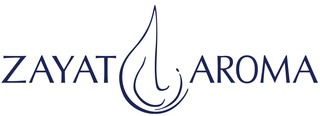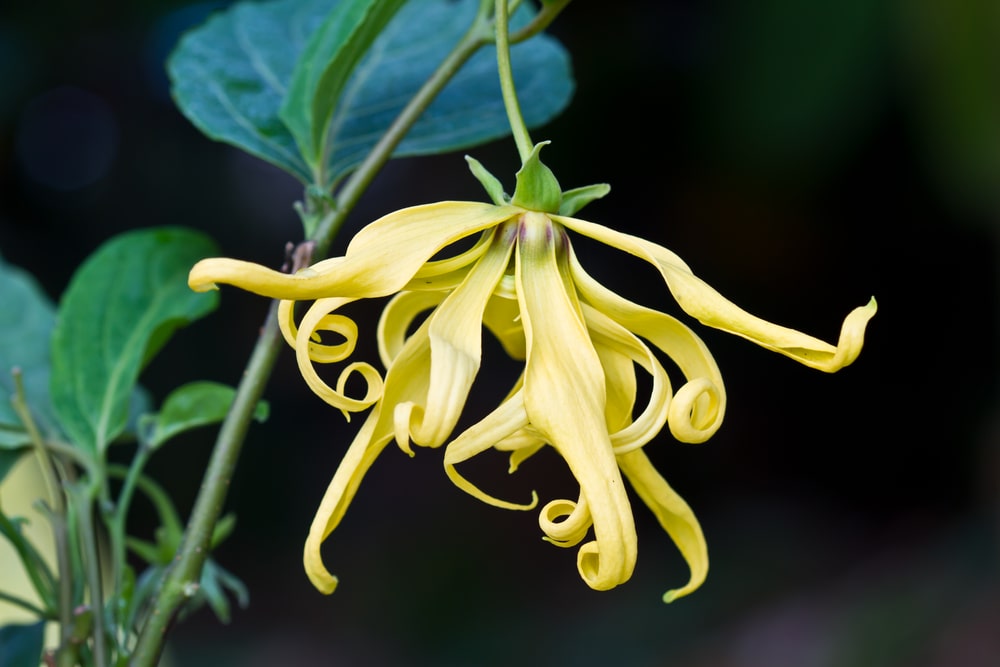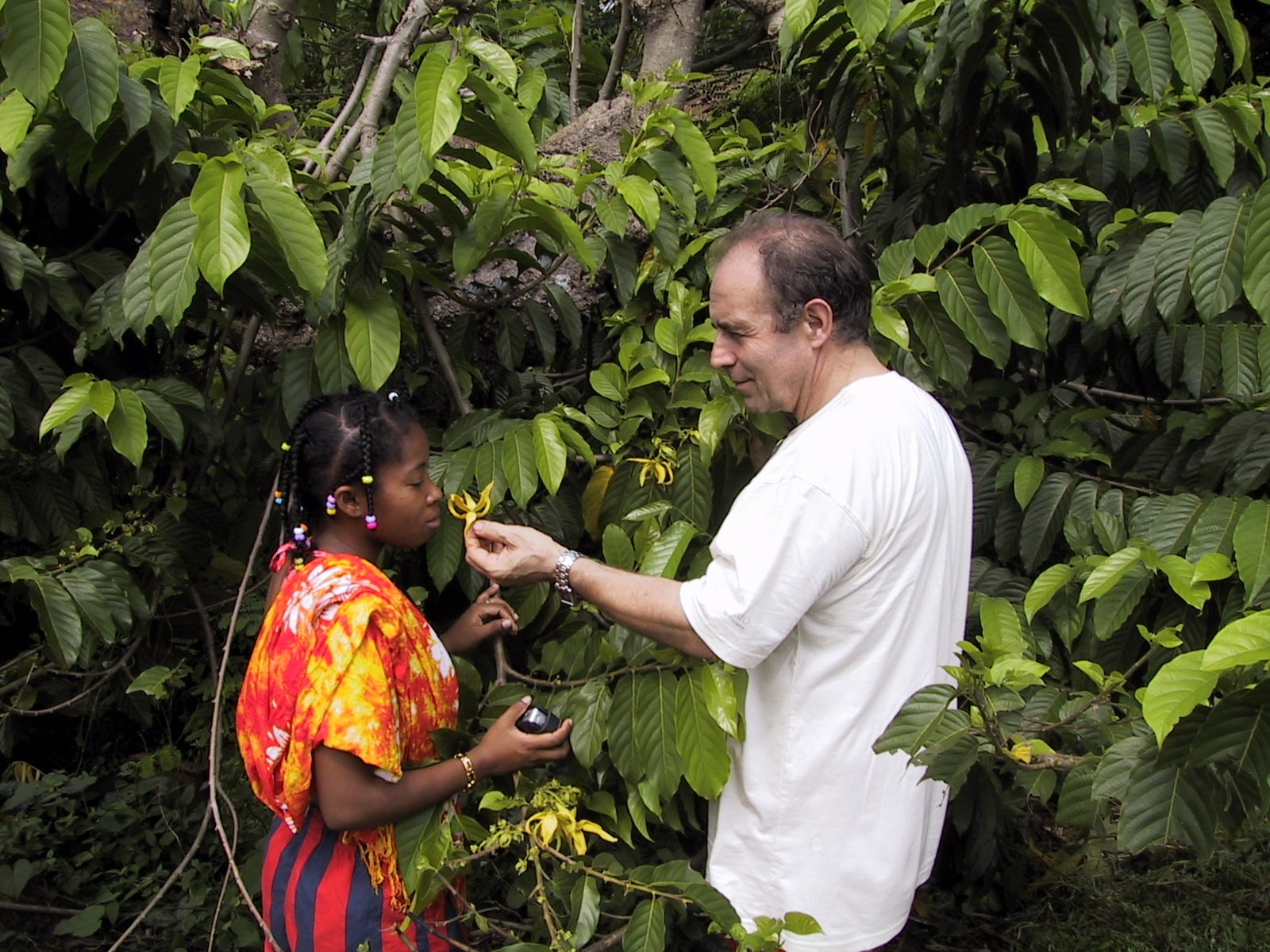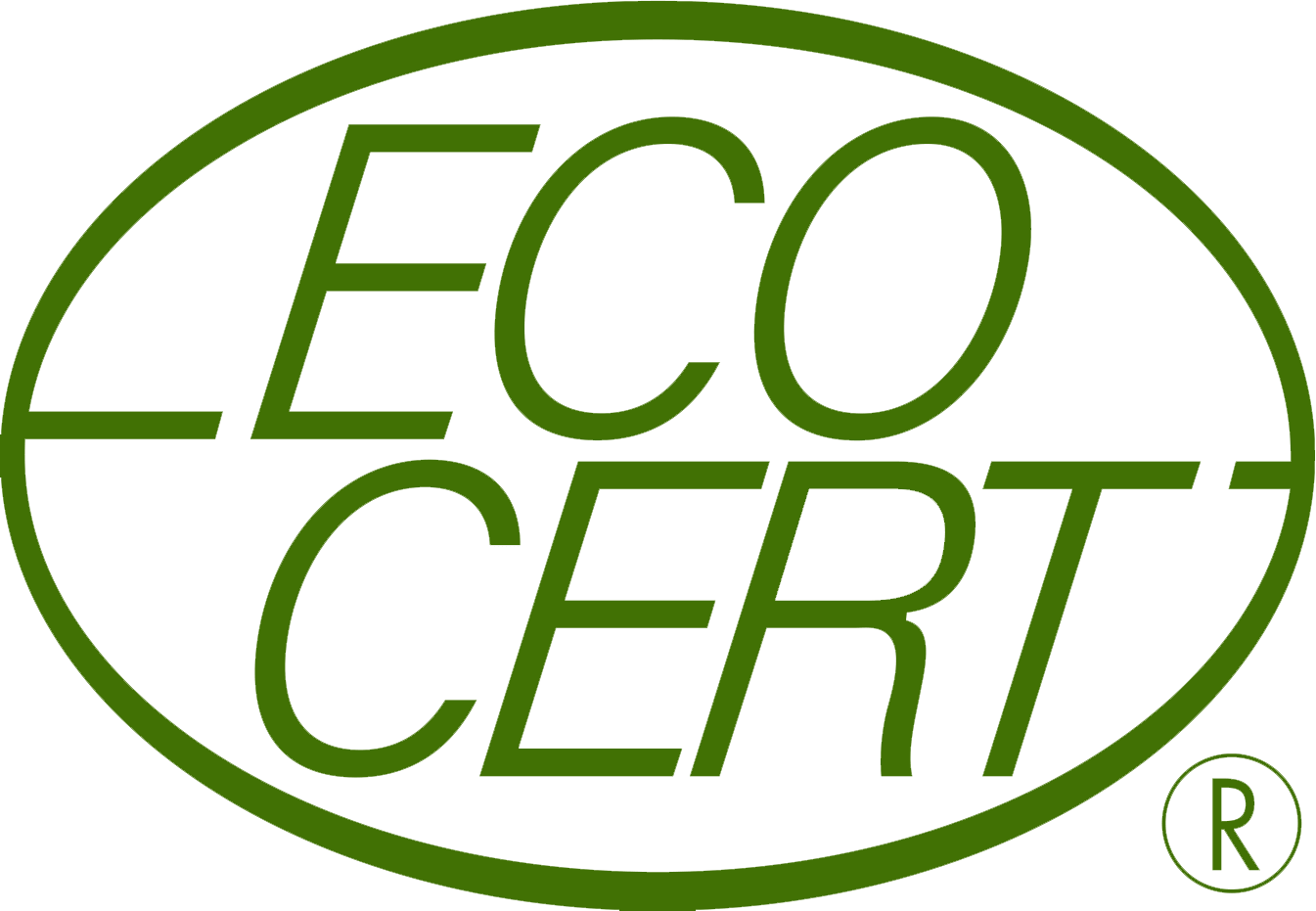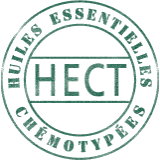Ylang-ylang,
Ylang-ylang, extra, organic Madagascar 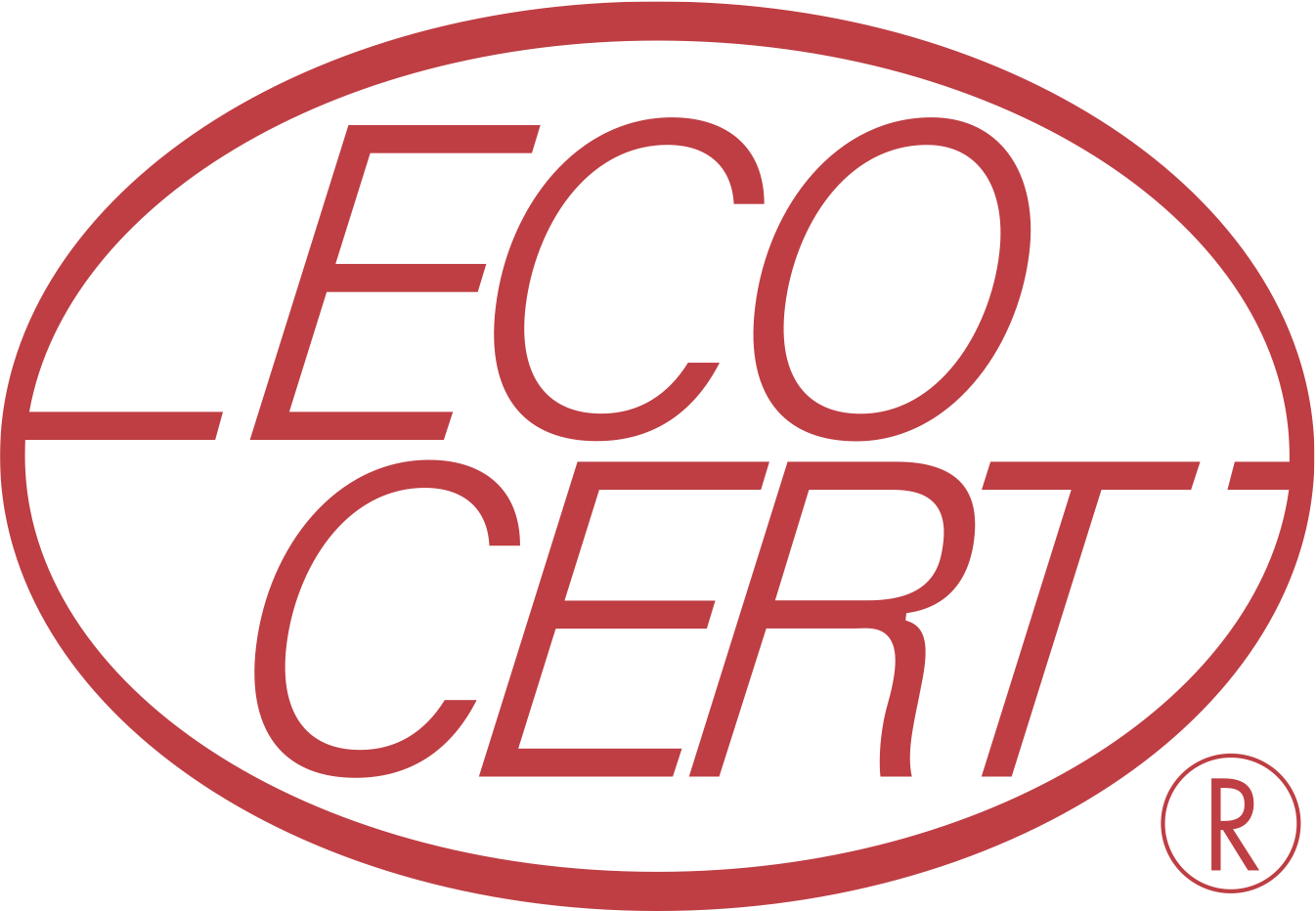
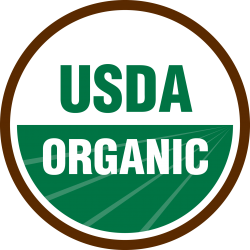

100% pure and natural essential oil
Botanical name: Cananga odorata genuina
Plant Part: flowers
Extraction method: steam distilled
Origin: Madagascar
| 23.00$ |
Free shipping for online orders of more than 69$, before taxes, within Canada.
(View the maximum available formats for free delivery)
Cautions and warnings:
Do not use pure essential oils. Essential oils are diluted in a vegetable oil when applied to the skin. Carry out a skin tolerance test in the crook of your elbow and wait 48 hours before using the oil on the skin. Do not use the essential oil if you notice a reaction such as redness, itching or stinging.
Keep out of reach of children.
If accidental ingestion occurs, seek urgent medical attention or contact a Poison Control Center.
Avoid contact with eyes and mucous membranes. Essential oils should not be applied to the eyes, the eye contour area, neither into the ears. In case of contact, apply a plenty of vegetable oil and take promptly medical advice.
If symptoms persist or worsen when using essential oil, consult a health care practitioner.
If you have epilepsy or asthma, consult a health care practitioner prior to use.
Avoid exposure of applied area(s) to the sun.
Contraindications:
If you are pregnant or breastfeeding, do not use essential oils.
Known adverse reactions:
If you experience nausea, dizziness, headache or an allergic reaction, discontinue use.
Storage:
Store in airtight, light-resistant container at room temperature.
Responsibility:
The information contained on our site is presented purely for information purposes and cannot, in any case, bind the responsibility of the company. In no way does this information constitute a recommendation for preventive or curative treatment, prescription or diagnosis, nor should it be considered as such.
 Words by Mikaël
Words by Mikaël
Ylang-ylang, a flower with a captivating scent from Madagascar, is the flower of Love. Traditionally used in the South Pacific Islands for its aphrodisiac properties, it awakens feminine sensuality and predisposes us to love.
You will find it in our Cupid synergy. On the emotional side, Ylang-ylang is a valuable ally in case of stress to help lower nervous tension and to help lower blood pressure.
It will also work wonders in a neutral shampoo to strengthen dull and tired hair.
In case of stress or palpitation, breathe directly into the bottle or add a few drops to massage oil for a relaxing massage.
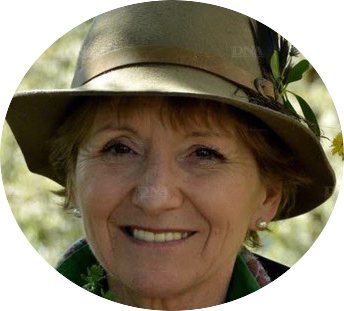 Words by Anny Schneider
Words by Anny Schneider
The stylized flowers of this shrub emanate a sweet scent typical of warm tropical nights.
This Ylang-ylang balances the production of sebum, therefore very much recommended for acne or oily prone skin.
Combined with a carrier oil or butter, it also very well relieves insect bites and irritated skin in general.
Added to a shampoo or conditioner, it gives hair luster and combats dandruff.
The essential oil of Ylang-ylang flower is well known for being an aphrodisiac and can be nicely worn as a perfume or added to sensual massage oil.
Slightly hypotensive and balancing of the nervous system, it promotes feelings of euphoria and fuels the joy of living.
Origin of this essential oil
This organic ylang-ylang essential oil is distilled from the flowers of this plant endemic to Madagascar, and has a very powerful floral fragrance.
Properties
Brings strength and shine to the hair.
Balances sebum production.
Nerve balancing.
Promotes a state of lightness, joy.
Suggestions for use
Cosmétics
Shampoos
Inhalations
Cautions
Keep away from children, air, heat and light.Not recommended for pregnant women.
More information
Ylang-ylang essential oil document (French only).
The essential oil of ylang-ylang is typically obtained through steam distillation of the fresh flowers of the ylang-ylang tree, scientifically known as Cananga odorata. Here are the typical steps of the distillation process:
- 1. **Harvesting the flowers:** Fresh flowers of the ylang-ylang tree are harvested just before full bloom, as this is when they contain the highest amount of essential oil.
- 2. **Loading into the distiller:** The flowers are then loaded into a still or distiller, where they are covered with water.
- 3. **Heating:** The water is heated to produce steam, which then passes through the flowers and extracts the aromatic compounds.
- 4. **Condensation:** The steam, now loaded with essential oil, is then cooled, causing it to revert back to its liquid form. This cooling phase allows for the separation of the essential oil from the water, as the oil is insoluble in water.
- 5. **Separation:** The essential oil is then collected from the surface of the water, typically through decantation or by using an oil-water separator.
Once obtained, ylang-ylang essential oil can be classified into different grades, often designated by terms like "extra," "1st," "2nd," "3rd," or "totum." Here's what these terms generally signify:
- - **Extra:** This is the highest grade of ylang-ylang essential oil. It is obtained during the first distillation and is considered the purest and richest in aromatic compounds.
- - **1st:** Also known as "first fraction," this grade is obtained during the initial distillation phase. While of high quality, it is slightly less concentrated in aromatic compounds compared to the extra grade.
- - **2nd:** Also called "second fraction," this grade is obtained during a second distillation of the flowers. It is less concentrated in aromatic compounds than the previous grades but still maintains good quality.
- - **3rd:** This grade is obtained through further distillation of flowers that have already been distilled once or twice. It is less concentrated in aromatic compounds than the preceding grades and is often used for less demanding applications in terms of quality.
- - **Totum:** Totum is an essential oil that contains all the aromatic compounds extracted during multiple successive distillations of the flowers. It is considered to offer a complete and balanced representation of the ylang-ylang aroma, although it may be less concentrated than individual grades.
For further information about this product or to inquire about larger quantities, please send us an email and we will get back to you as soon as possible.
The availability and price of this product may vary without prior notice, if for some reason the quantity you have requested is currently unavailable, we will contact you shortly to discuss the best options to fulfill your needs.
References
* L’aromathérapie énergétique - Lydia Bosson
* L’aromathérapie exactement - Pierre Franchomme, Roger Jolis et Daniel Pénoël
* L’aromathérapie, Se soigner par les huiles essentielles - Dr Valnet
Log in
Subscribe to our newsletter here!
All rights reserved © 2024 - ZAYAT AROMA
Terms & conditions | Security & privacy
